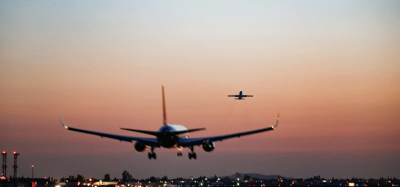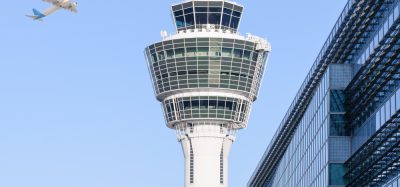IATA expresses concern and frustration over new Canadian COVID-19 testing requirement
Posted: 8 January 2021 | International Airport Review | No comments yet
With all passengers arriving in Canada now being required to provide proof of a negative COVID-19 test, IATA has labelled the government mandate as ‘draconian’.


The International Air Transport Association (IATA) has expressed frustration with Canada’s new COVID-19 testing requirement for all arriving air travellers, which came into effect as of 7 January 2021.
While the industry for months has been calling for systematic testing to re-open borders without quarantine measures, IATA has stated that these pleas have fallen on deaf ears, especially in Canada.
In a short notice decision, the Canadian government is mandating that passengers provide proof of a negative COVID-19 molecular polymerase chain reaction (PCR) test taken within 72 hours before planned departure to Canada. IATA outlines that this subsequently risks stranding travellers in countries where testing is not readily available.
Canada’s COVID-19 border control regimes, which include travel bans and quarantines, has been labelled as ‘draconian’ by IATA. Even though COVID-19 testing is an internationally-accepted risk mitigation strategy, there are currently no plans to adjust the current 14-day quarantine rule nor eliminate the temperature checks that airlines are required to perform on passengers wishing to travel to Canada.
IATA has emphasised that the severe economic consequences of the prolonged border closure are already evident. Latest estimates show that the aviation sector’s direct Growth Domestic Product (GDP) contribution to Canada’s economy dropped by $10.39 billion in 2020 versus 2019, placing some 146,000 Canadian jobs at risk. The year-on-year fall in GDP contribution to the wider travel and tourism economy is estimated at $21.29 billion, with some 286,000 jobs at risk.
IATA then highlighted the less measurable, but equally tragic, impact that these policies – which have been described by the association as ‘ tunnel-vision policies’ – to close Canada off from the world are having on individuals separated from families or those struggling to cope with unemployment. Public health is the top priority, and IATA has said that the efforts to contain COVID-19 must take full account of the detrimental impacts that closing borders and discouraging travel is having on the mental wellbeing of Canadians.
IATA has stated that the way forward is through a well-planned and coordinated introduction of testing inbound travellers as a replacement for quarantine measures. At current infection levels, testing travellers will ensure that opening borders will not pose an additional risk of contagion in Canada. IATA has challenged the government to prove otherwise.
In the meantime, IATA has said that it is incumbent on the Government of Canada to put this initiative on hold until it has defined:
- Testing requirements and coordinated with the industry to achieve realistic implementation timelines
- A policy roadmap to safely re-open borders by managing the risk of contagion with testing as a replacement for quarantine measures.
IATA has stressed that the world needs to start 2021 by taking steps to safely live with COVID-19. After nine-months of closed borders and confinement, the association has emphasised that the industry cannot afford to move in the wrong direction with the disastrous implementation of a counter-productive testing policy.
Join our free webinar: Transforming Airport Security – Innovation, Impact, and the Passenger Experience
The landscape of airport security is undergoing a profound transformation, driven by evolving threats, technology, and passenger expectations. This webinar focuses on how AtkinsRéalis has been transforming security processes at some of the world’s busiest airports with smarter, more adaptive solutions.
Date: 4 Nov | Time: 14:00 GMT
REGISTER NOW TO SECURE YOUR SPOT
Can’t attend live? No worries – register to receive the recording post-event.
Related topics
Airport crisis management, COVID-19, Economy, Passenger experience and seamless travel, Regulation and Legislation, Safety
Related organisations
International Air Transport Association (IATA), The Government of Canada


















